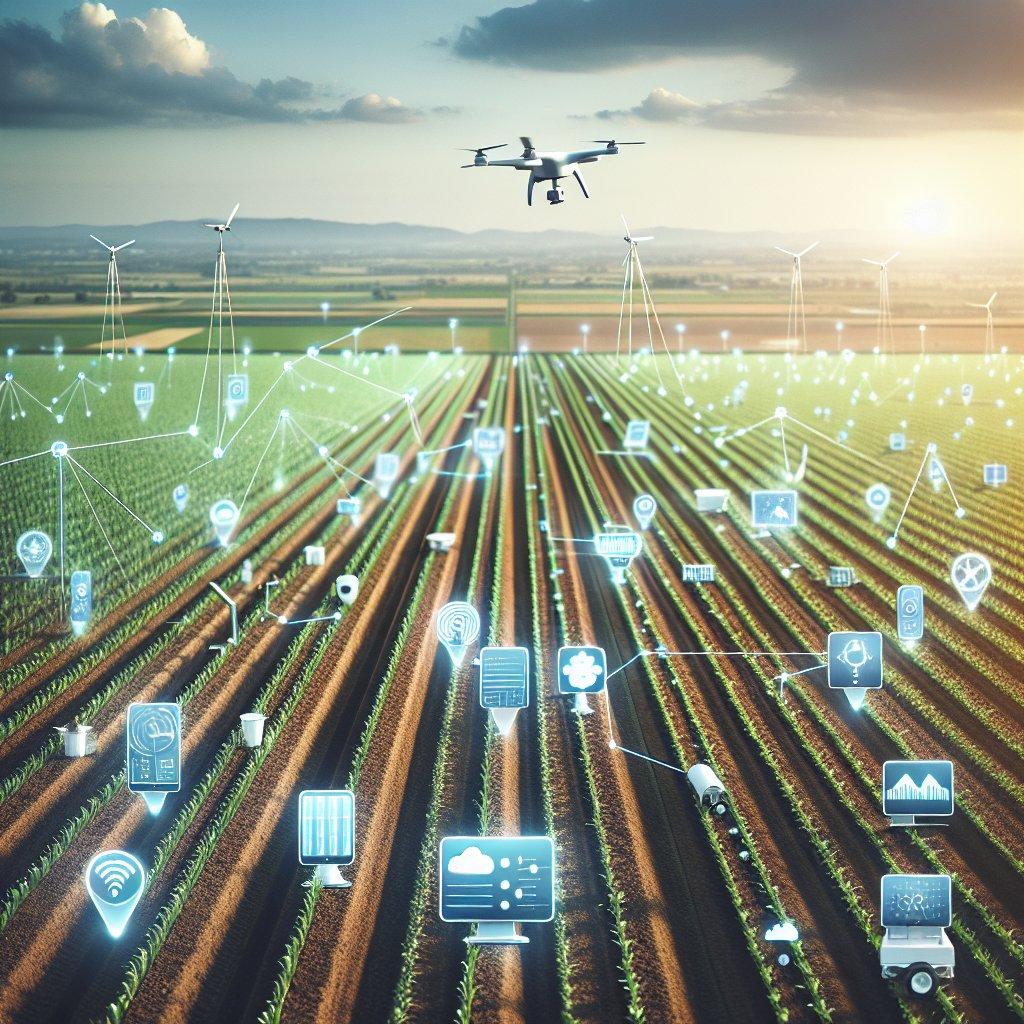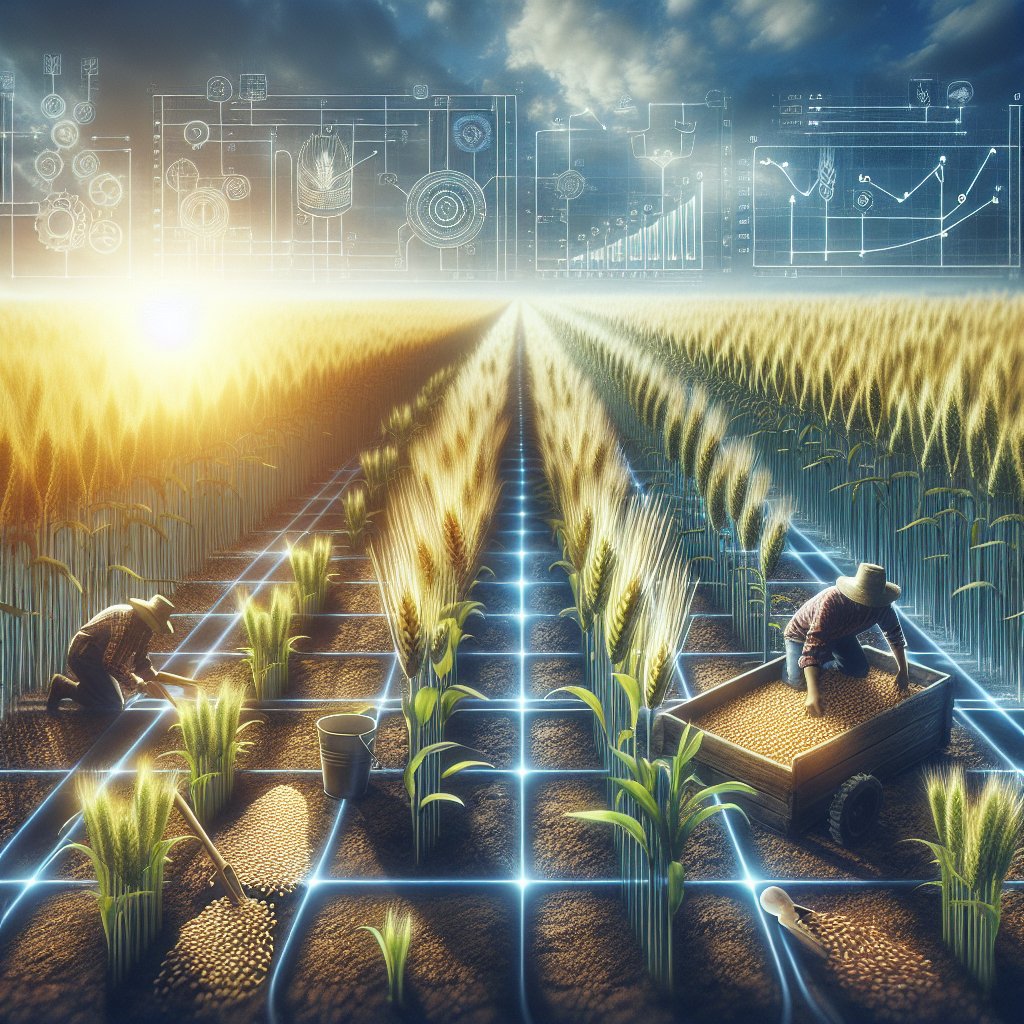Sustainable farming practices are becoming increasingly essential as the global population continues to grow and the demand for food rises. These practices aim to meet current food needs without compromising the ability of future generations to meet their own needs. By focusing on environmental health, economic profitability, and social and economic equity, sustainable farming offers a holistic approach to agriculture that benefits both people and the planet.
Understanding Sustainable Farming
Sustainable farming is a method of agriculture that seeks to produce food in a way that is environmentally friendly, economically viable, and socially responsible. It involves a range of practices designed to protect the environment, maintain soil fertility, and promote biodiversity. These practices include crop rotation, organic farming, agroforestry, and integrated pest management, among others.
One of the key principles of sustainable farming is the conservation of resources. This means using water, soil, and other natural resources efficiently and responsibly. For example, sustainable farmers often employ techniques such as rainwater harvesting and drip irrigation to minimize water usage. They also focus on maintaining soil health through practices like cover cropping and reduced tillage, which help prevent soil erosion and degradation.
Another important aspect of sustainable farming is the reduction of chemical inputs. Conventional farming often relies heavily on synthetic fertilizers and pesticides, which can have harmful effects on the environment and human health. In contrast, sustainable farming emphasizes the use of natural fertilizers, such as compost and manure, and biological pest control methods, which are less harmful and more environmentally friendly.
The Benefits of Sustainable Farming
Sustainable farming offers numerous benefits, both for the environment and for farmers. One of the most significant advantages is its potential to reduce the environmental impact of agriculture. By minimizing the use of chemical inputs and conserving natural resources, sustainable farming helps protect ecosystems and preserve biodiversity. This, in turn, can lead to healthier soils, cleaner water, and more resilient agricultural systems.
In addition to environmental benefits, sustainable farming can also be economically advantageous for farmers. By reducing reliance on expensive chemical inputs and improving resource efficiency, sustainable practices can lower production costs and increase profitability. Furthermore, sustainable farming often involves diversifying crops and livestock, which can provide farmers with multiple sources of income and reduce their vulnerability to market fluctuations and climate change.
Socially, sustainable farming can contribute to stronger rural communities by promoting fair labor practices and supporting local economies. By prioritizing social equity, sustainable farming ensures that all stakeholders, including farm workers and local communities, benefit from agricultural activities. This can lead to improved livelihoods, better working conditions, and increased food security for rural populations.
Challenges and Opportunities
Despite its many benefits, sustainable farming also faces several challenges. One of the main obstacles is the need for education and training. Many farmers may be unfamiliar with sustainable practices or lack the resources to implement them effectively. To address this issue, governments and organizations can provide support through training programs, technical assistance, and financial incentives.
Another challenge is the need for policy support. Sustainable farming often requires changes in agricultural policies and regulations to create an enabling environment for its adoption. This may include measures such as subsidies for sustainable practices, research and development funding, and the promotion of sustainable products in the market.
However, these challenges also present opportunities for innovation and collaboration. Advances in technology, such as precision agriculture and digital tools, can help farmers optimize resource use and improve sustainability. Additionally, partnerships between governments, NGOs, and the private sector can facilitate the sharing of knowledge and resources, driving the transition to more sustainable agricultural systems.
The Future of Sustainable Farming
As the world continues to grapple with the impacts of climate change, population growth, and resource scarcity, the importance of sustainable farming will only increase. By adopting sustainable practices, farmers can play a crucial role in addressing these global challenges and ensuring a secure and sustainable food supply for future generations.
Looking ahead, the future of sustainable farming will likely involve a combination of traditional knowledge and modern technology. By integrating time-tested practices with innovative solutions, farmers can create resilient agricultural systems that are capable of adapting to changing conditions and meeting the needs of a growing population.
Ultimately, the success of sustainable farming will depend on the collective efforts of farmers, policymakers, researchers, and consumers. By working together, we can create a more sustainable and equitable food system that benefits everyone and protects the planet for generations to come.



